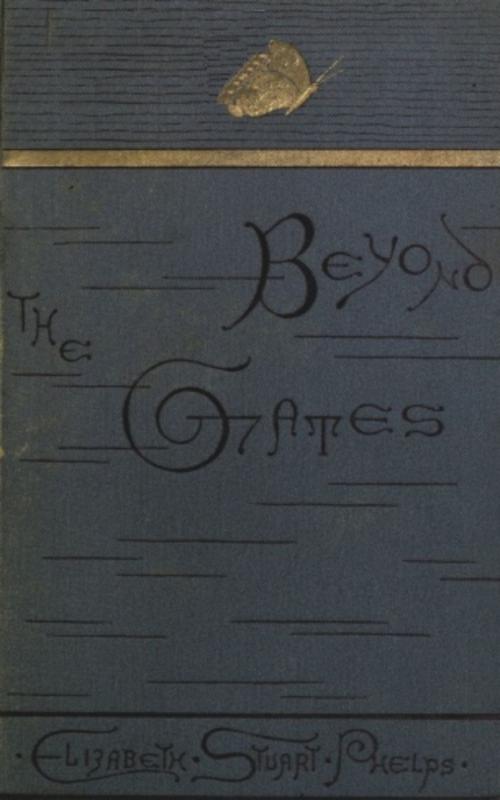| Author: | Elizabeth Phelps | ISBN: | 9783736418769 |
| Publisher: | anboco | Publication: | July 12, 2017 |
| Imprint: | Language: | English |
| Author: | Elizabeth Phelps |
| ISBN: | 9783736418769 |
| Publisher: | anboco |
| Publication: | July 12, 2017 |
| Imprint: | |
| Language: | English |
I had been ill for several weeks with what they called brain fever. The events which I am about to relate happened on the fifteenth day of my illness. Before beginning to tell my story, it may not be out of place to say a few words about myself, in order to clarify to the imagination of the reader points which would otherwise involve numerous explanatory digressions, more than commonly misplaced in a tale dealing with the materials of this. I am a woman forty years of age. My father was a clergyman; he had been many years dead. I was living, at the time I refer to, in my mother's house in a factory town in Massachusetts. The town need not be more particularly mentioned, nor genuine family names given, for obvious reasons. I was the oldest of four children; one of my sisters was married, one was at home with us, and there was a boy at college. I was an unmarried, but not an unhappy woman. I had reached a very busy, and sometimes I hoped a not altogether valueless, middle age. I had used life and loved it. Beyond the idle impulse of a weary moment, which signifies no more than the reflex action of a mental muscle, and which I had been in the habit of rating accordingly, I had never wished to die. I was well, vigorous, and active. I was not of a dependent or a despondent temperament. I am not writing an autobiography, and these things, not of importance in themselves, require only the briefest allusion. They will serve to explain the general cast of my life, which in turn may define the features of my story. There are two kinds of solitary: he who is drawn by the inward, and he who chooses the outward life. To this latter class I had belonged. Circumstances, which it is not necessary to detail here, had thrust me into the one as a means of self-preservation from the other, while I was yet quite young.
I had been ill for several weeks with what they called brain fever. The events which I am about to relate happened on the fifteenth day of my illness. Before beginning to tell my story, it may not be out of place to say a few words about myself, in order to clarify to the imagination of the reader points which would otherwise involve numerous explanatory digressions, more than commonly misplaced in a tale dealing with the materials of this. I am a woman forty years of age. My father was a clergyman; he had been many years dead. I was living, at the time I refer to, in my mother's house in a factory town in Massachusetts. The town need not be more particularly mentioned, nor genuine family names given, for obvious reasons. I was the oldest of four children; one of my sisters was married, one was at home with us, and there was a boy at college. I was an unmarried, but not an unhappy woman. I had reached a very busy, and sometimes I hoped a not altogether valueless, middle age. I had used life and loved it. Beyond the idle impulse of a weary moment, which signifies no more than the reflex action of a mental muscle, and which I had been in the habit of rating accordingly, I had never wished to die. I was well, vigorous, and active. I was not of a dependent or a despondent temperament. I am not writing an autobiography, and these things, not of importance in themselves, require only the briefest allusion. They will serve to explain the general cast of my life, which in turn may define the features of my story. There are two kinds of solitary: he who is drawn by the inward, and he who chooses the outward life. To this latter class I had belonged. Circumstances, which it is not necessary to detail here, had thrust me into the one as a means of self-preservation from the other, while I was yet quite young.















